Top officials at troubled federal prison system recommended for more than $3M in bonuses
WASHINGTON – Top executives and wardens at the embattled federal Bureau of Prisons were recommended for more than $3 million in bonus payments during the past three years as the agency confronted grave security and health crises that rocked the organization's top ranks, according to documents reviewed by USA TODAY.
The payments were endorsed during 2019, 2020 and 2021, one of the most fraught periods in recent history as the bureau struggled to account for the suicide of accused sex trafficker Jeffrey Epstein; the ravages of the coronavirus which has left 300 inmates and seven staffers dead; and chronic staffing shortages that continued to plague the system across the country.
Among those approved for thousands of dollars in bonus payments was the warden who was reassigned from the Manhattan detention center within days of Epstein's 2019 suicide.
Lamine N'Diaye, according to bureau records, was approved for bonus payments in each of the last three years totaling $38,836. All of the award money was paid, with the exception of $10,000 that was proposed for 2019, according to a person with knowledge of the matter.
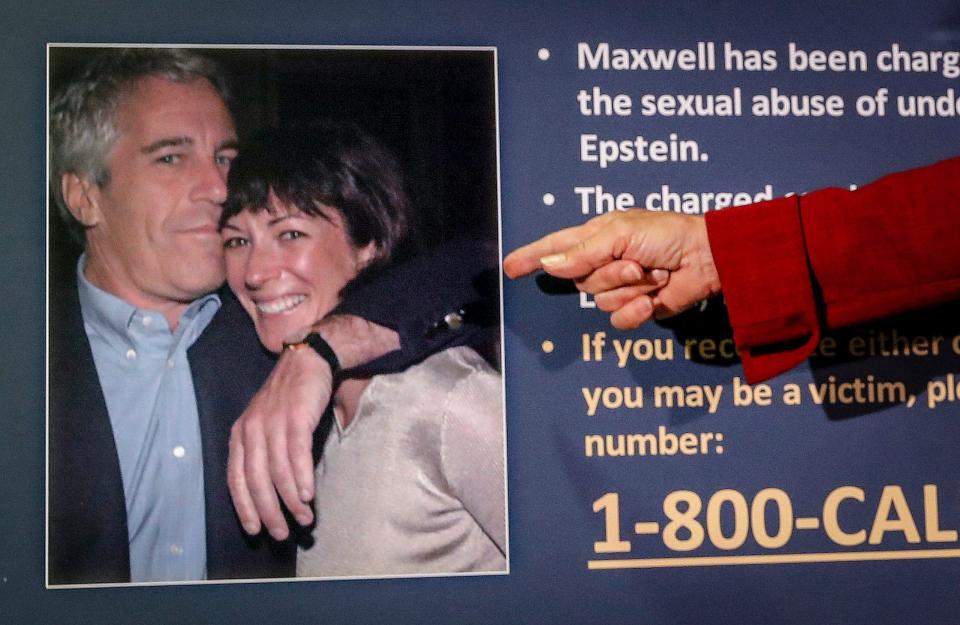
It was not immediately clear whether the Epstein incident was a reason that the 2019 award was not paid. N'Diaye, who could not be reached for comment, retired from the agency earlier this year
Epstein's death, and damning accounts of prison operations that followed it, prompted a wholesale leadership shakeup that also resulted in the reassignment of the bureau's then-acting director. A related review by the Justice Department's inspector general is continuing. Last year, Justice announced it was closing the Manhattan detention center citing deteriorating conditions in the 46-year-old facility.
Still, the bureau has continued to struggle.
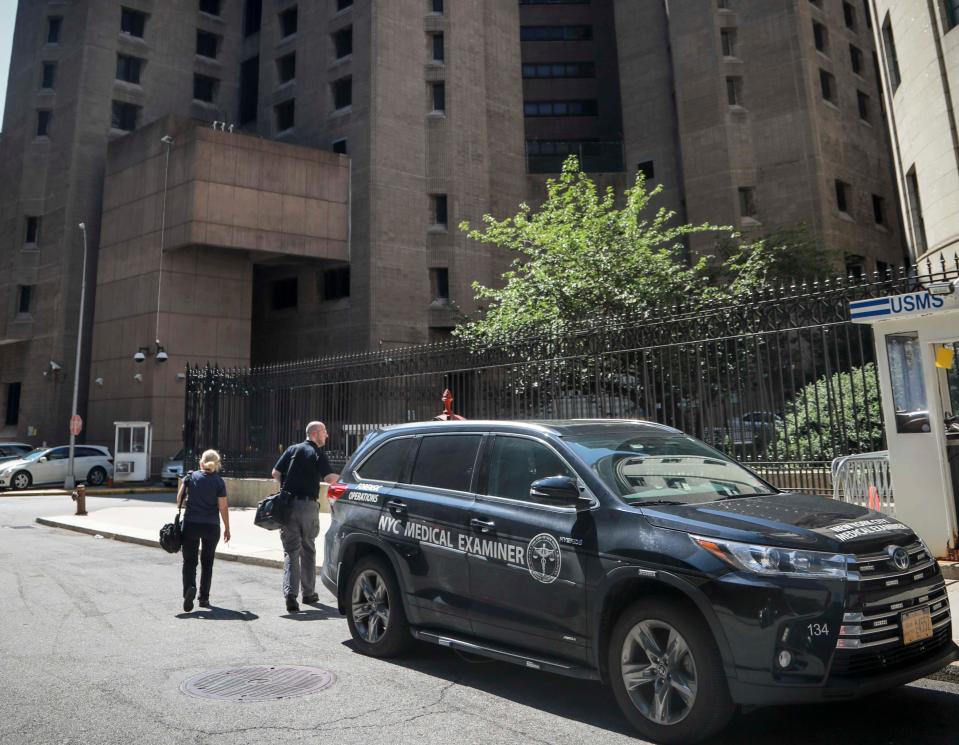
Earlier this year, Director Michael Carvajal, installed in 2020, announced his retirement following a short but troubled tenure marked by the agency's handling of the deadly pandemic, continuing staffing shortages, security breaches and rampant misconduct in the nation's largest prison system.
More than 100 federal prison workers have been swept up in criminal investigations since 2019, an Associated Press investigation found last year.
Last week, Attorney General Merrick Garland tapped Oregon Department of Corrections Director Colette Peters to assume command of the sprawling agency, which has 157,000 inmates across 122 facilities.
Some lawmakers, including Senate Judiciary Chairman Dick Durbin, D-Ill., had been calling for the change, citing the agency's failure to address a constellation of problems confronting it.
“It’s no secret that BOP has been plagued by misconduct," Durbin said last week. "One investigation after another has revealed a culture of abuse, mismanagement, corruption, torture, and death that reaches to the highest levels."
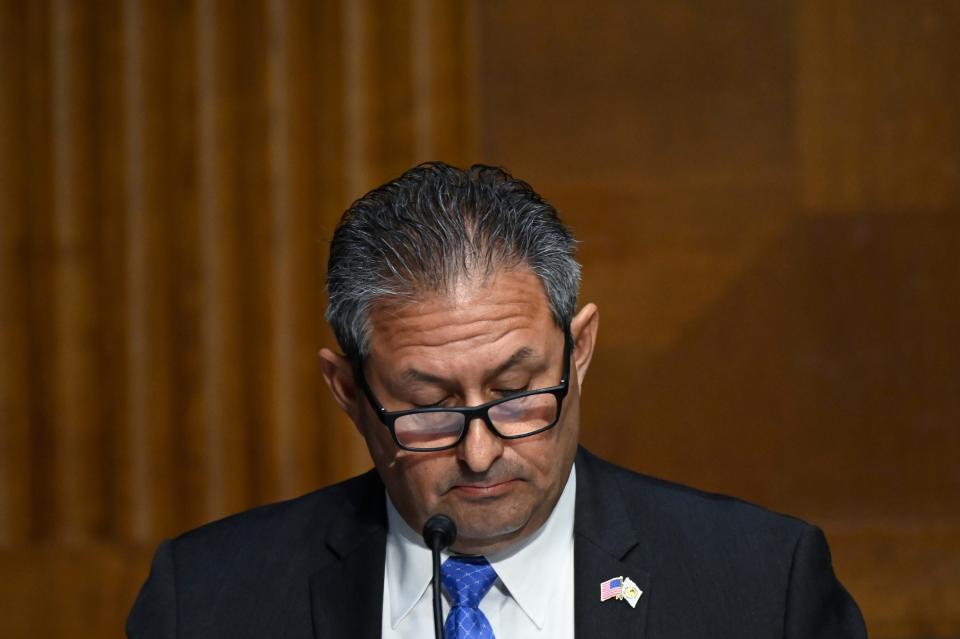
Durbin said Peters' appointment was needed to "clear out the bureaucratic rot and reform BOP."
"It is a tall order, and I look forward to working with Ms. Peters to help her succeed in this new role, Durbin said.
Despite the institution's many problems, top officials have continued to receive bonus payments for years. USA TODAY has reported that in the years prior to 2019, senior executives also were recommended for millions in bonuses, with individual awards ranging from $5,400 to $28,000.
The award payments covered a time when USA TODAY detailed the agency's controversial practice of tapping secretaries, teachers, nurses, kitchen workers and other non-security staffers to patrol cellblocks, solitary confinement units and prison yards, often with little preparation for their new roles.
Known as "augmentation," the practice has been condemned by lawmakers after the scope of its use was revealed by USA TODAY.
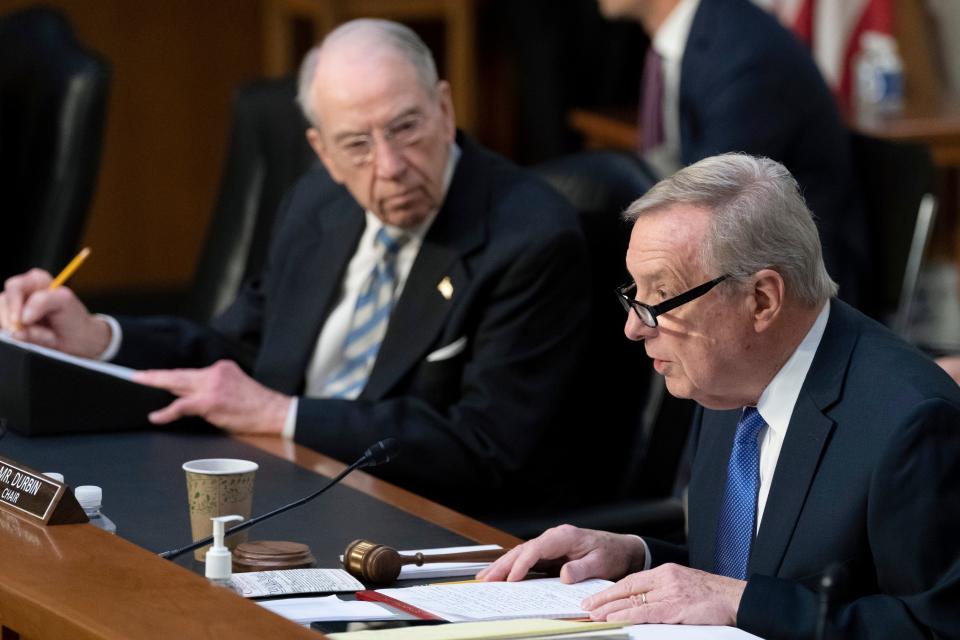
The new list of awards recommend payments for a number of senior officials, including recently retired deputy director Gene Beasley in the amounts of $29,895 last year and $27,055 in 2020. Beasley's retirement announcement, which included effusive praise from Carvajal, also noted his appointment as second-in-command was made during the "the height" of the deadly COVID-19 pandemic.
The union representing federal prison workers bristled at the size and scope of the new awards, especially as the agency continued to struggle to fill vacant positions and deal with the pandemic.
"Our members have gone right into the mad house after seeing over $3 million paid out while being severely understaffed nationwide," said Justin Tarovisky, the union president in Hazelton, West Virginia. "It's disturbing that many of the bonuses wardens received were at institutions that were plagued and left in peril over the COVID pandemic."
Tarovisky, however, exempted former Hazelton warden Bryan Antonelli from criticism, crediting the official for helping to avert "massive outbreaks within our complex" and bringing stability to operations following a string of murders at Hazelton, including the the 2018 murder of Boston gangster James "Whitey" Bulger.
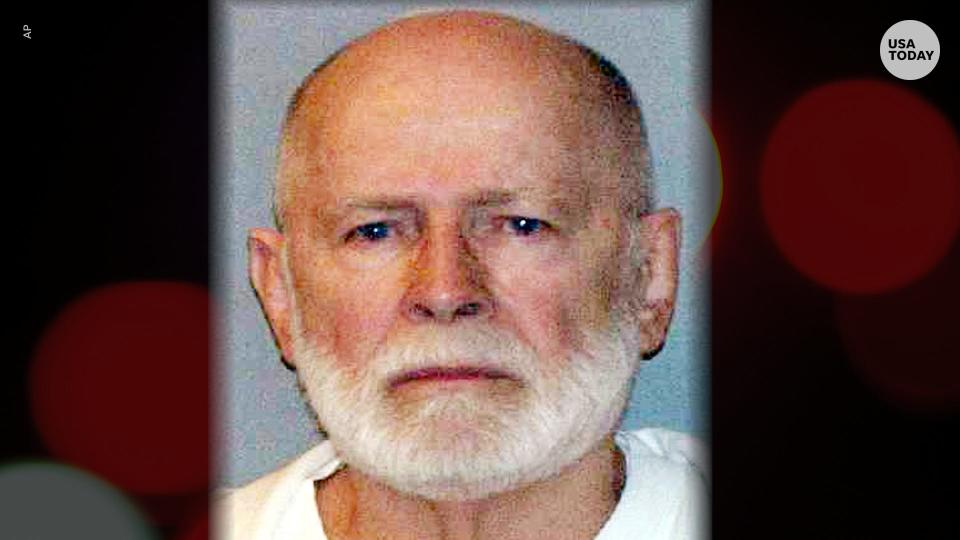
Antonelli, who now serves as acting director for the system's Northeast Region, was recommended for awards totaling $59,000 over the most recent three-year period.
Federal prison officials declined to provide the underlying justification for the roster of award recipients, saying only that "employees who perform at the achieved results or higher level are eligible for performance awards."
The federal prisons director makes recommendations to a Justice Department review board, and the deputy attorney general makes final award determinations, the agency said.
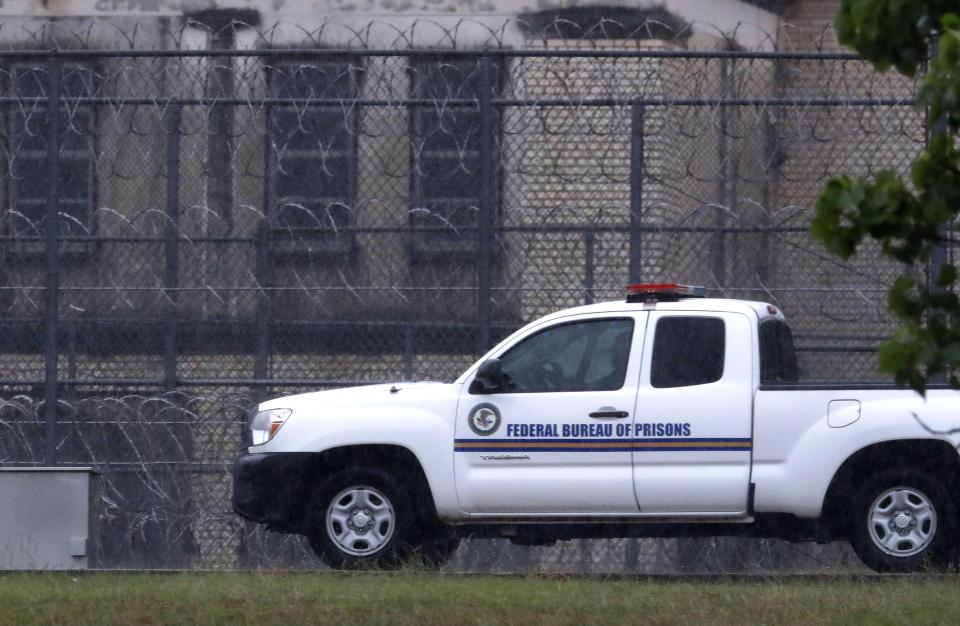
“Under longstanding (Justice) Department policy, senior DOJ executives—including those employed by the federal Bureau of Prisons—are eligible for annual performance awards if they satisfy certain pre-determined criteria related to their work," a Justice spokesperson said in a statement. "Under this policy, the Deputy Attorney General provides final approval to the full package of annual awards, based on the recommendations of the relevant DOJ component heads and the Department’s Senior Executive Review Board.”
Prison officials, however, defended the work of senior agency executives during the height of the pandemic.
"Throughout the COVID-19 pandemic, the Bureau of Prisons worked closely with the Centers for Disease Control and Prevention on creating and updating guidance for mitigating the impact of COVID-19 in correctional institutions," the agency said. "Our agency, including many of our (senior executive staffers), created and implemented essential measures, based on this guidance, which helped mitigate the spread of the disease and address other challenges."
This article originally appeared on USA TODAY: Prison officials recommended for $3M in bonuses amid crises

